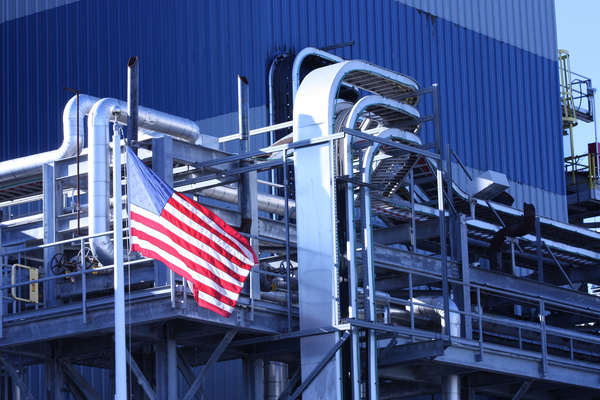SupplyChainTalk: Strengthening supplier relationships and navigating supply chain risks
On 9 April 2025, SupplyChainTalk host Alastair Charatan was joined by Denes Bozso, Head of Order Fulfillment Planning Europe and North America, Nokia; Michael Clarke, Vice President, Deputy General Counsel & Global Chief Compliance Officer, Convatec; and Nanda Kishore, VP of Sourcing, Evoy.
Views on news
KYB refers to the due diligence businesses must undertake to verify the legitimacy, structure, ownership and operational integrity of their partners, suppliers or clients. KYB has become a critical element of corporate compliance, particularly for financial institutions and multinational corporations managing complex supply chains.
However, increasing tariffs can create incentives for businesses to resort to fraudulent practices such as transshipment, undervaluation, or misclassification of goods. Robust KYB protocols are instrumental in helping to detect these schemes and safeguard corporate compliance and reputation.
Tariffs affect different sectors to a varying extent. Even if new tariffs involve increased costs in most cases, businesses must stick with their legacy due diligence processes in the midst of the tariff turmoil too and refrain from making shortcuts when switching markets.
KYB and prioritising risks
In disruptive times, it’s important for a business to be a strategic partner to get priority over the supplier’s other clients, which is hard to achieve for small businesses who trade with global suppliers. To get more preferential treatment, an SME may do well to choose SMEs as suppliers too, where the scale of orders they place can be regarded as strategic by their suppliers. Your business will have more leverage if your distribution partners or suppliers are about the same size as you are.
Beside size, communication is a key factor in these relationships too. If you explain your partner, why you exercise due diligence processes – whether it’s mandatory or just good practice – they will understand that this is a natural part of doing business with your company. During Covid, businesses learnt that risk assessment must be an integral part of managing supply chains and making business continuity plans became common practice.
A good example for how one crisis prepares a company for the next one is how Nokia’s continuity plan created in response to Covid helped the company relocate from Ukraine when the war broke out. Partnerships with global suppliers have the advantage of making relocation smoother as you only need to switch suppliers within their global network. It’s always useful to do benchmarking with industry peers – within the limits of what anti-trust laws allow – regarding suppliers and shifts peers are experiencing on the market. Risk is no longer linear – it is concurrent and interconnected. At the core of re-prioritising risk there is the reallocation of resources.
Businesses tend not to care about low probability, high impact risks, which, although are unlikely to happen, can deal a fatal blow to a business. Risks can be classified into groups of tolerable, intolerable, emergent and redundant. What you need to do is strike the right balance between likelihood and consequence.
Technology, especially AI can help with sifting though data and sending out automated alerts with relevant news, making processes faster and more efficient and help avoid the payment of penalties. Companies in the US and around the world are mandated to use classical and AI-enabled data analytics tool to map out the risks across their supply chains. These tools help professionals decide whether they should start doing business with a supplier and what types of contractual controls they need to implement to trade safely with it. The areas where AI can be useful include lead time anomaly detection, supplier dashboards and bots for workflow automation.
The panel’s advice
- Trust is a currency of resilience. You can’t build trust during a crisis. It must be a strategic exercise.
- Only suppliers who you invested with collaboratively in building capabilities will be the ones who your business can rely on for resilience in a crisis.
- Technology, benchmarking with industry peers and flexibility in adjusting to changing market trends will help businesses to reprioritise risk in their supply chains.

Business Reporter Team
You may also like
Most Viewed
Winston House, 3rd Floor, Units 306-309, 2-4 Dollis Park, London, N3 1HF
23-29 Hendon Lane, London, N3 1RT
020 8349 4363
© 2025, Lyonsdown Limited. Business Reporter® is a registered trademark of Lyonsdown Ltd. VAT registration number: 830519543





